No products in the basket.
Water Pumps
GMP B3KQ/A-ST 230/400V
GMP Series BKQ/AST Self priming heavy duty semi-trash pumps. Available in 230V/ 400V sizes 1½” to 3″ these pumps feature a quick access inspection door for the removal of any clogging material. Solids handling capabilities up to 26mm. Heads to 17m and flows to 825 l/m.
£1,008.09 – £1,025.15
Application Features Of GMP B3KQ/A-ST 230/400V
These pumps have a special three blade impeller designed for arduous dirty water and sewage type applications.
These ‘Semi-Trash’ pumps feature high specification mechanical seals and stainless steel wear discs.A quick access inspection door under the suction valve facilitates checking and removal of any clogging material.An additional 4”/5.5HP model, not illustrated,is also available. It has a closed valve head of 14m and a max. flow of 2000 l/m.
A non-return valve is fitted on the inlet of the pump body to avoid the loss of water after the pump has stopped, making it easier to prime when the pump starts again. Maximum suction depth of 7 metres with a maximum liquid temperature of 70oC.
– The pump casing, inlet flange and also impeller are made from cast iron;
– Stainless steel shaft;
– Silicon carbide seal.
Download Datasheet
| NOM KW | 2.2 |
|---|---|
| MAXI HA M | 16 |
| Pump Max Flow (l/m) | 900 |
| DISCHARGE NOM | 3" |
| Voltage |




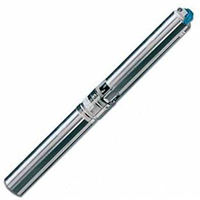
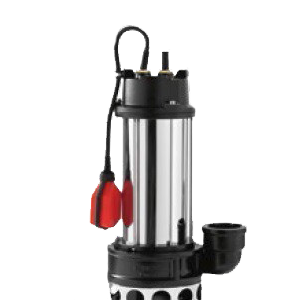
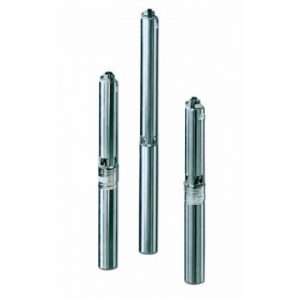
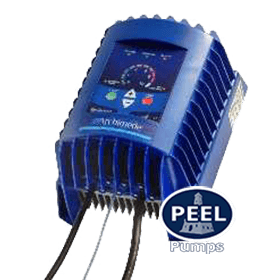
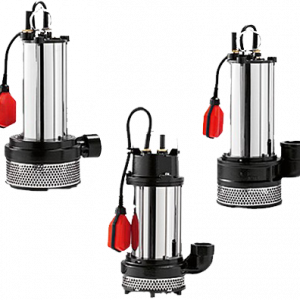
There are no reviews yet.